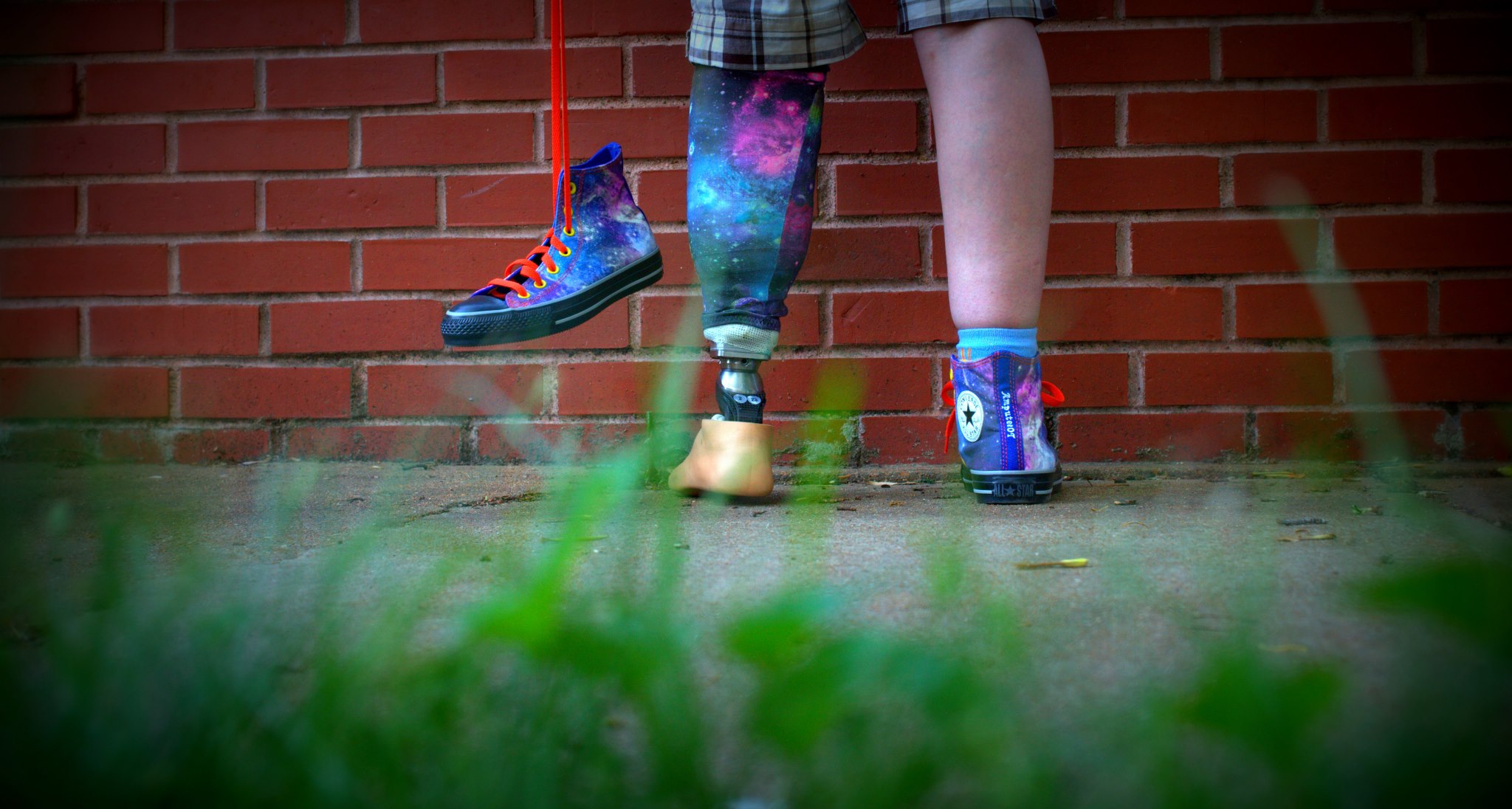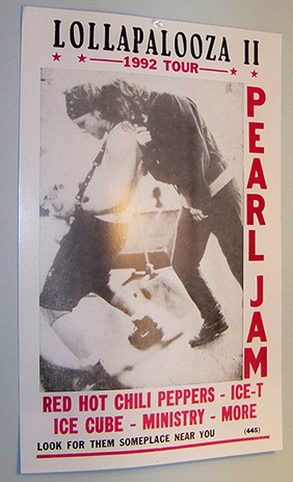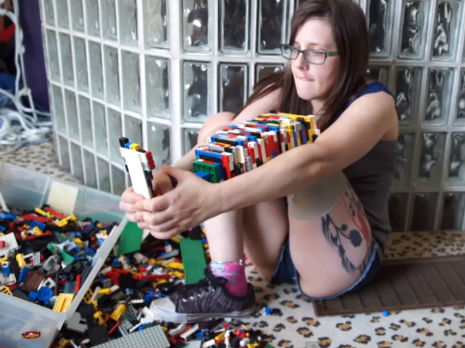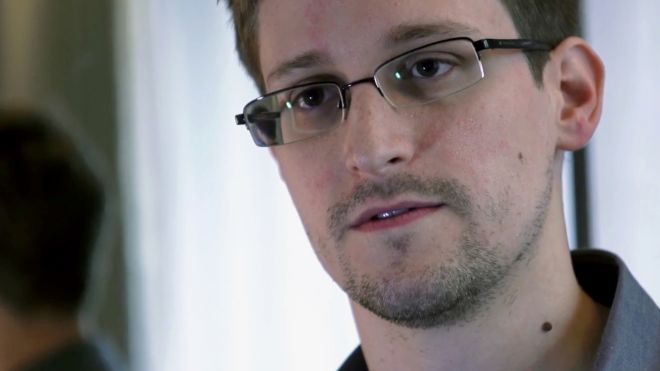A friend noted the other day that he actually gets annoyed about holidays and mandatory paid time off because he simply loves his work and would rather keep at it each day. He’s not an all-work-no-play kind of guy, either. He’s a dedicated weight lifter, traveler, music lover and bee keeper, all things that require time away from the computer.
I see some of myself in his outlook on life. I too love what I do, and I don’t mind a bit when I find myself thinking about work stuff on weekends and days off.
Mood music:
True, we’re lucky because we have great jobs that come with a lot of freedom. If we worked in retail or drove trucks, we might feel quite differently. But to me, what we’re experiencing reflects a change in the way technology has allowed us to live our lives.
For my part, I treasure and protect my personal time. I rearrange work schedules to accommodate family, whether it’s to drive the kids back and forth to appointments and scouting activities or simply to keep an eye on the kids so my wife can hole up in her office and meet deadlines. On weekends I rarely do work activities these days, though my brain will often spin some ideas around that I need to jot down so I won’t forget come Monday.
I manage to get my work done despite a busy personal life that includes guitar lessons, church activities and chores. I’ve actually found that on my work-at-home days, I can participate in call-in work meetings while folding laundry and emptying trash, activities that require little thought and allow me to focus my mind on the work being discussed.
In the bigger picture, I think my generation is pretty fortunate. Our parents had to be out of the house to do their jobs and often would have to be gone early in the morning and not be back until late in the evening. Some jobs are still like that, but if you work with technology and your company’s brands all reside on the Internet, you can work pretty much anywhere where there’s an Internet connection. And you can find the Internet almost anywhere.
I have my office days and my work-at-home days, but I also get work done while sitting in waiting rooms when the kids have dental appointments or in the Jiffy Lube during an oil change.
Some say these things aren’t necessarily changes for the better. Indeed, it’s harder now to completely separate work from personal time because with smart phones, iPads and the like, work can always find you. For me, the trick, one I admittedly haven’t mastered yet, is to not pick up the phone every time it rings or answer emails the second they hit the inbox.
There’s plenty of room for a workaholic to get lost and get sucked away from home life. But my life is better for having these things. It’s up to us to put the technology in its proper place and balance the work with everything else.


 Photo courtesy of Amputee OT.
Photo courtesy of Amputee OT.






